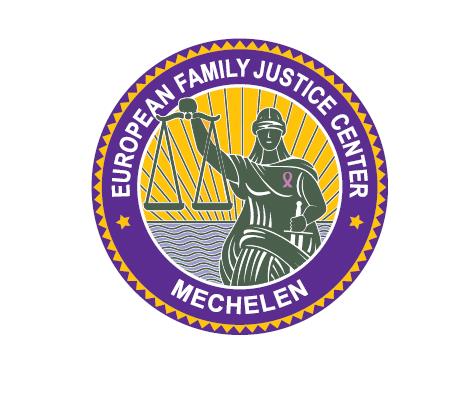The city of Mechelen has a rich array of local practices and schemes aimed at enhancing urban security, ranging from Crime Prevention Through Environmental Design (CPTED) to youth work and support to victims of domestic violence. Mayor Alexander Vandersmissen details their objectives and modus operandi.
CPTED-checks and nudging
The city of Mechelen has developed an administrative flow-chart to systematically determine which urban development projects will require a CPTED-check (Crime Prevention Through Environmental Design). This process, which allows the municipality to embed crime prevention measures into urban planning projects, is a simplified application of a concept that underpins the European standards on Crime Prevention through Environmental Design (EN 14383).
Apart from CPTED, our municipal crime prevention and public safety unit has recently started to experiment the concept of ‘nudging’ in the historical, centre-town district. Gentle suggestions, such as colours, markings on the pavement, gamification elements, or connected lighting are used to influence people’s behaviour. For example we’ve used this method to entice people to use a public toilet newly installed in a street by painting the wall that people (illegally) used to pee against with images that remind of a museum. We also painted a red carpet leading to the public toilet. And it worked: the problem of public urinating seems to have instantly disappeared.

Transition house for ex-prisoners
The ‘transition house’ is something rather new in Belgium. It receives prisoners who will soon be eligible for conditional release in order to prepare them to their new, free life. They are still subjected to a security regime and cannot go out since they are not yet freed on parole. There, they receive guidance on living, working, establishing relationships and giving a meaning to their life. The objective is for them to be self-reliant when they are freed and able to successfully re-integrate society.
The ‘PIM’ scheme for young people who feel excluded
The Dutch acronym PIM stands for ‘positive identity and society formation’. This scheme is directed at young people who feel excluded and are deemed at risk of drifting out of society, for example into radicalisation. The PIM team has two main objectives: including young people who are socially alienated with a view to preventing them from being ‘recruited’ by criminals, and strengthening social institutions in order to better foster their social inclusion.
NERO: a prevention scheme for under-age offenders
About 15 years ago, Mechelen created a unique project that focuses on minor first offenders who disturb the public order or commit petty crimes, such as shoplifting or graffiti. Titled NERO, this scheme aims at educating them about their civic responsibilities. The minors do not receive a fine under the condition that they and their parents engage in an educational path. Through cooperation between the police and the municipality, teenagers who are repeat offenders are summoned with their parents for a meeting with a specialised mediator/youth coach and sign a ‘contract’ with the Mayor, whereby they commit to reimburse or repair the damage they’ve done and engage in a path that can include community work or resilience training, depending on the case. At the end of this period and if the youngster has not committed any more offence, a celebration is held. Such symbolic moments seem to have a strong impact. Indeed, some youngsters keep in contact with their coach for counselling after they’ve exited the scheme.
Domestic violence: the Family Justice Centre

For the past three years, the city of Mechelen has been investing in a Family Justice Centre, a multi-agency and multi-disciplinary service centre where public and private agencies assign staff members on a full‐ or part‐time basis in order to provide assistance to victims of domestic violence and their family. The overall objective of the Family Justice Centre is to ensure that (potential) victims of domestic violence have access to all the services they need in order to increase their safety and also ensure offenders are accountable. Since 2017, the Centre has helped 507 families affected by physical, sexual, or economic violence. Most of them (363) were detected at an early stage through a joint analysis of police interventions by social workers and police officers.



